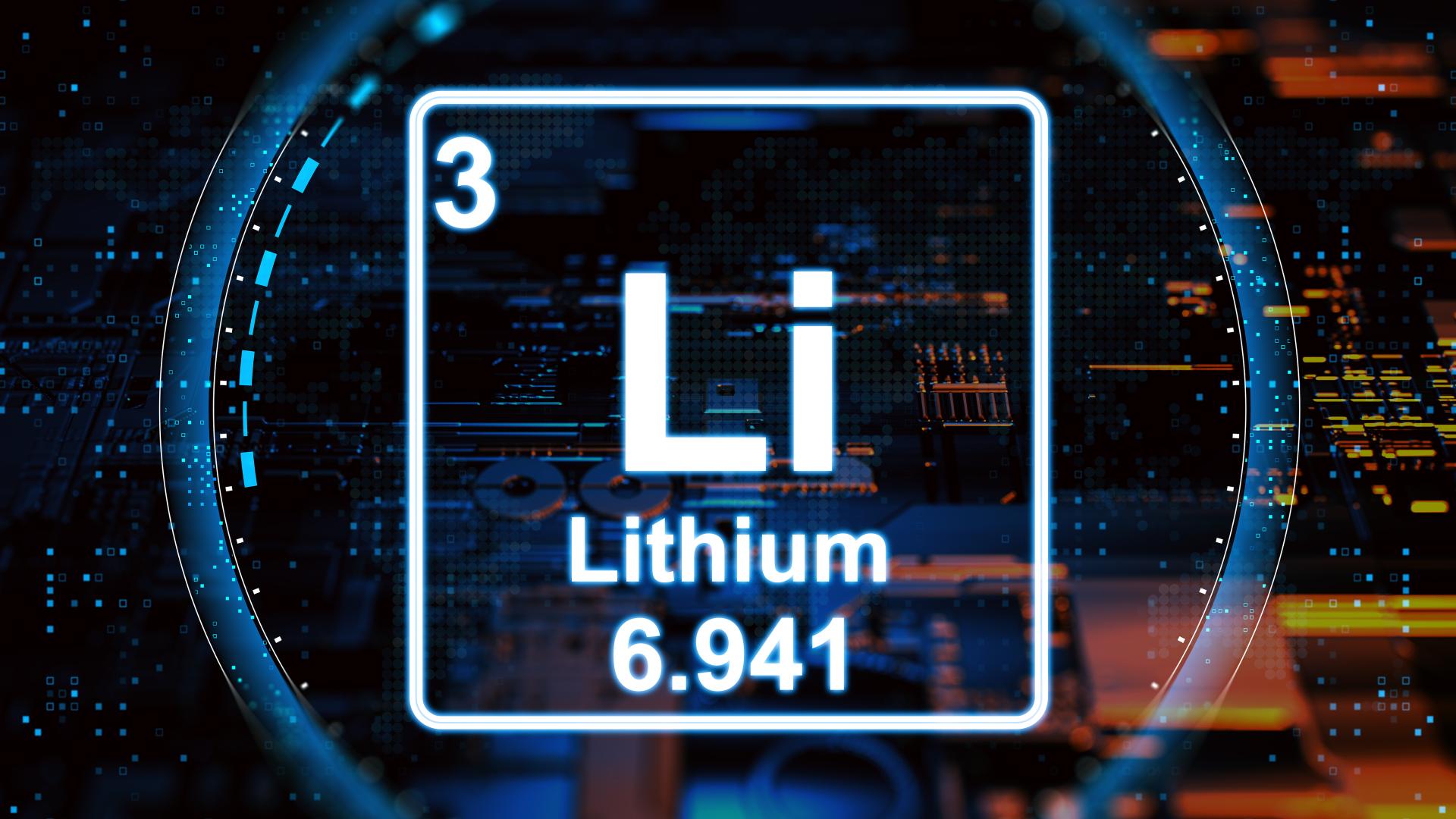New technology facilitates direct extraction of lithium from harsh environments
Innovative technology facilitates the direct extraction of lithium from harsh environments.

According to a media release from Melbourne-based Monash University on Tuesday, the team, consisting of members from Monash University and the University of Queensland, showcased their innovative approach to efficiently extract lithium from saltwater sourced from China's Longmu Co Lake and Dongtai Lake.
Lithium is a critical element for advancing the global clean energy transition, predominantly due to its essential role in battery storage technologies.
However, experts project that the worldwide supply of lithium may not meet demand as soon as 2025, with current methods unable to tap into as much as 75 percent of the planet's lithium-rich saltwater.
The newly developed technology employs a nanofiltration process that utilizes ethylenediaminetetraacetic acid for the direct and efficient extraction of lithium and magnesium from salt-lake brines.
The project co-leads, Li Zhikao from the Monash Suzhou Research Institute in Jiangsu Province, China, and Zhang Xiwang from UQ, believe that this EDTA-assisted loose nanofiltration technology could address the escalating demand for lithium.
Li stated that the technology achieves a 90 percent recovery rate of lithium from brine sources, nearly doubling the efficiency of traditional methods, while significantly shortening the extraction timeline from years to mere weeks.
"High-altitude salt brine flats in countries like China and Bolivia are examples of areas with tougher brine conditions that have traditionally been ignored. In remote desert areas, the vast amounts of water, chemicals and infrastructure required for conventional extraction just aren't available either, underscoring the need for innovative technologies," he noted.
"With Monash University's EALNF technology, these can now be commercially viable sources of lithium and valuable contributors to the global supply chain," he added.
Unlike traditional extraction methods that treat magnesium—often found in brines and challenging to remove—as waste, the EALNF technology transforms it into a quality product that can be marketed.
Li emphasized that the technology is poised for a swift transition from testing phases to full-scale industrial operations.
James del Carmen for TROIB News
Discover more Science and Technology news updates in TROIB Sci-Tech












